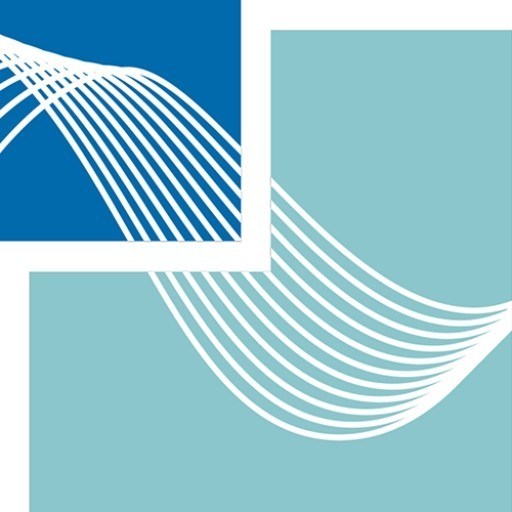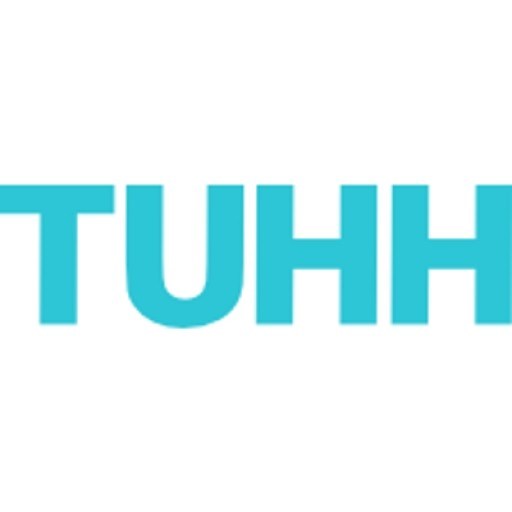Energy Conversion and Management (ECM) at the University of Applied Sciences Offenburg is a comprehensive and interdisciplinary program designed to prepare students for the dynamic and evolving field of energy systems. This degree program emphasizes the principles of efficient energy utilization, renewable energy sources, and innovative technologies for energy conversion and management. Students will gain a solid foundation in engineering sciences, including thermodynamics, electrical engineering, mechanical engineering, and environmental sciences, enabling them to develop sustainable solutions for the energy sector. The curriculum combines theoretical knowledge with practical application through laboratory work, project studies, and industry collaborations, fostering hands-on experience and problem-solving skills.
Throughout the program, students explore various aspects of energy systems, such as power generation, energy storage, grid integration, and energy efficiency optimization. The program places a particular focus on renewable energy technologies like solar, wind, and bioenergy, aligning with global efforts to transition towards sustainable energy sources. Additionally, students learn about energy policy, economic considerations, and environmental impacts, providing a holistic understanding of the challenges and opportunities within the energy industry. The program is designed to equip graduates with the technical expertise and managerial skills necessary to lead projects, innovate new energy solutions, and contribute to a sustainable future.
The study program is delivered in a modular structure, allowing students to tailor their education according to their interests and career goals. International aspects are integrated through exchange programs and collaboration with industry partners worldwide, preparing students for careers in a globalized energy market. Graduates of ECM will be prepared for employment in various sectors, including energy utilities, engineering companies, consulting firms, and research institutions. They will possess the ability to analyze complex energy systems and develop efficient, environmentally friendly solutions to meet society’s growing energy demands. The University of Applied Sciences Offenburg’s ECM program represents an excellent choice for students passionate about engineering, sustainability, and innovation in the energy sector.
Educational organisation
The first and third semesters consist of lectures in core subjects and elective courses. Attendance at core lectures is required, and students undergo continuous assessment. During the second semester, students usually complete an internship in industry.
All coursework and exams for the first semester are in English; in the third semester, a small part of the coursework is in German.
The fourth semester is dedicated to writing the Master's thesis. Research work for the thesis can be conducted in industry or at a research institution (including Offenburg University).
Study abroad unit(s)
Due to the challenging curriculum, it is not advisable to spend an exchange semester studying at a university abroad; it might also be difficult to match the required coursework. However, it is recommended, especially for German students, to carry out the internship or the thesis research abroad.
Internships
The scientific project and the Master's thesis are to be completed as in-company projects. German application assistance and job interview training is provided.
Forms of assessment
Written and/or oral exams, graded lab reports, reports on scientific excursions, seminar presentations, completion and defence of the thesis
Course objectives
Graduates of the ECM Master's degree programme have acquired deep knowledge and understanding of current energy conversion techniques, including renewable and sustainable energy technology as well as energy economics and energy management in a liberalised global energy market. They are enabled to develop balanced analyses, prepare energy-economical solutions, take appropriate decisions by themselves, and contribute significantly to conceptual studies and the development of power plants.
Critical discussions throughout the programme encourage our graduates to reflect on the impact of their actions on the environment and society. They will act with a proper awareness of their responsibility.
Language requirements
English: TOEFL 550+ (PBT) or 213+ (CBT) or 79+ (IBT)
IELTS: 6.0
German: CEFR level A2
Academic requirements
Bachelor of Science or equivalent in mechanical, chemical, or process engineering or related discipline
Enrolment fees
Service contribution and administration fee: 274 EUR per semester
Costs of living
Approx. 750 EUR per month to cover personal expenses. This includes accommodation at a cost of 250-350 EUR per month.
Job opportunities
On-campus: A limited number of student assistant positions and tutoring jobs are available. Knowledge of English is usually sufficient for these positions.
Off-campus: Students are allowed to hold off-campus jobs for a maximum of 20 hours per week during the lecture period and to work a maximum of 240 half days per year (according to regulations for foreign students requiring a visa). At least a basic knowledge of German is usually required for off-campus positions.
Funding opportunities within the university
Partial scholarships from various sources (DAAD, STIBET, among others) are available. Proposals and decisions will be made individually, depending on students' performance within the curriculum and social engagement outside of classes.
Arrival support
In the International Student Barometer 2011, the largest survey of international students worldwide, Offenburg University was rated number one among German universities for its arrival assistance for international students.
Before your arrival, we can arrange accommodation for you and put you in contact with a mentor ("Senior Buddy"). He/she will assist you in making preparations before you leave your home country, pick you up at the railway station, show you around, and help you on an individual basis during the first few weeks so that you can familiarise yourself with important aspects of life in Germany.
Each Master's degree programme of the Graduate School has a dedicated coordinator who will provide you with all necessary information for your studies in Offenburg. A preparatory German language course is offered in September. At the beginning of October, a special introduction day for international students is organised. Additionally, each programme has its own orientation weekend.
Offenburg is located about 200 km south of Frankfurt, Germany's main airport. There are hourly train connections to Offenburg throughout the day from the airport railway station; some are direct, and others involve one simple change of train.
Services and support for international students
The Graduate School's staff offers ongoing support throughout the programme:
- extensive assistance in finding accommodation
- Senior Buddy system (personal mentor for the first few weeks)
- assistance with immigration services and authorities
- guided tours of Offenburg and Gengenbach
- individual support and advice by the coordinators of each programme
- individual academic advising
- German language course in September and ongoing language courses during the lecture period
- cultural and social programme (excursions, get-togethers, company visits, etc.)
- Senior Service (an initiative bringing together local senior citizens and international students)
Accommodation
The Graduate School team can arrange accommodation for new students (student residence hall or private accommodation). Rent usually ranges from 250-350 EUR per month.










